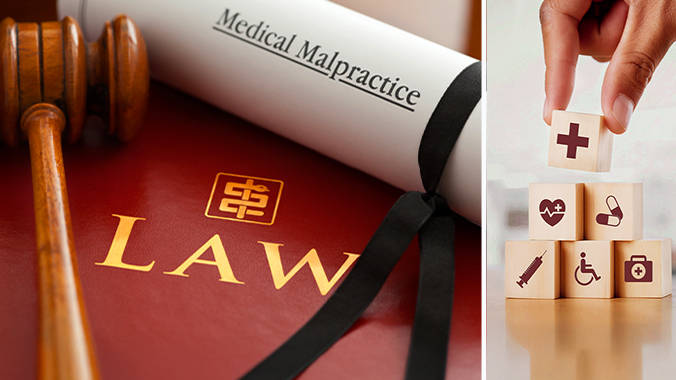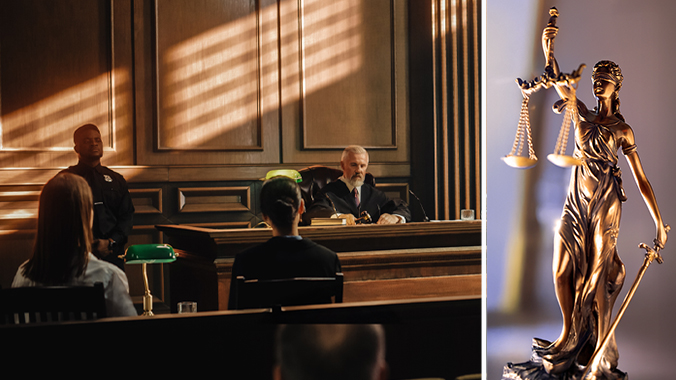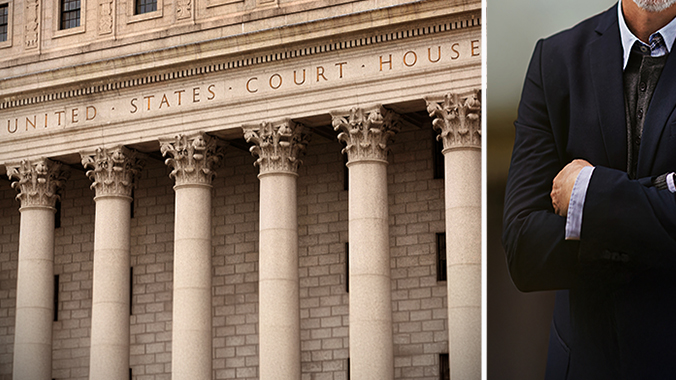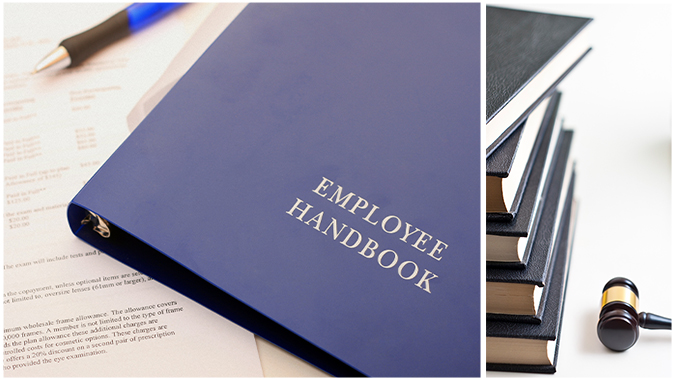Smart Contracts and Jurisdictional Selection for Web3 Projects (2024 Edition)

Alexander Loveyko is a New York-licensed attorney based in Miami, specializes in intellectual property and entertainment law at ChaseLawyers®.
2 hour CLE
Tuition: $195.00
Get this course, plus over 1,000+ of live webinars.
Learn More
Training 5 or more people?
Sign-up for a law firm subscription plan and each attorney in the firm receives free access to all CLE Programs
Program Summary
Session I - Smart Contracts and Legal Enforceability – Alexander Loveyko
This session offers a comprehensive analysis of smart contracts, covering their definition, key concepts, and functionality as self-executing agreements based on code. Attendees will explore various use cases in decentralized finance (DeFi), NFTs, and DAOs. The session will also address critical legal issues such as the recognition of smart contracts as binding agreements potential challenges with automatic execution, and aligning legal standards with technical automation to ensure intent and consent. A deep dive into the enforceability of code-based contracts will highlight jurisdictional variations, case law, and regulatory guidance. Additionally, the session will discuss methods for resolving disputes, including the role of traditional and on-chain mechanisms, and examine the concept of "code is law." Security vulnerabilities and their legal implications, as well as best practices for auditing smart contracts, will also be covered. Finally, attendees will learn about integrating traditional legal principles with smart contracts and the future developments in this evolving area.
Key topics to be discussed:
- Smart contracts
- Legal issues in smart contract execution
- Enforceability of code-based contracts
- Dispute resolution in smart contract disputes
- Addressing security vulnerabilities
- Integrating traditional legal principles with smart contracts
Session II - Jurisdictional Selection in Web3 Projects – Alexander Loveyko
This session focuses on the critical considerations for selecting a jurisdiction for Web3 projects, including decentralized autonomous organizations (DAOs) and other blockchain-based ventures. Attendees will gain insights into jurisdictional options and how they impact regulatory compliance and legal presence. The discussion will compare offshore versus onshore jurisdictions, exploring the benefits of tax efficiencies and legal flexibility offered by offshore options against the more stringent compliance requirements of onshore alternatives. Key considerations such as regulatory frameworks for cryptocurrencies, privacy laws, data protection, and taxation will be analyzed to help attendees make informed decisions. The session will also spotlight jurisdictions favorable to Web3 projects, like Malta, Singapore, and Estonia, providing case studies of successful projects. Additionally, strategies for navigating multi-jurisdictional compliance with global regulations such as GDPR and FATF will be explored, along with predictions for emerging jurisdictions and the potential for supranational frameworks in the evolving decentralized world.
Key topics to be discussed:
- Understanding legal jurisdictions for decentralized projects
- Comparing offshore vs. onshore jurisdictions
- Key considerations in choosing a jurisdiction
- Jurisdictions favorable to web3 projects
- Navigating compliance with global regulatory bodies
- Future of jurisdictional selection in a decentralized world
![]()
Closed-captioning available
Speakers
 Alexander Loveyko | ChaseLawyers
Alexander Loveyko | ChaseLawyers
Alexander Loveyko, Esq., a New York-licensed attorney based in Miami, specializes in intellectual property and entertainment law at ChaseLawyers®. He has a proven track record of assisting brands and influencers with their unique legal needs in the rapidly evolving digital landscape. Mr. Loveyko expertly navigates the complexities of social media technology projects, offering comprehensive legal support for advertising and transactional agreements, deals between brands and influencers, as well as new social media projects that similarly need to be guided when it comes to staying within the boundaries of social media, advertising, privacy and copyright laws.
Additionally, he has experience in organizing and managing online sweepstakes and contests, involving brands, third-party sponsors, organizers of sweepstakes, and influencers tasked with promoting a specific contest, providing end-to-end legal oversight to safeguard both the brands and their participating audiences. With a deep understanding of the challenges and opportunities presented by the internet and social media, Mr. Loveyko is a trusted advisor to clients looking to maximize their online presence while minimizing legal risks.
Agenda
Session I – Smart Contracts and Legal Enforceability | 1:00pm – 2:00pm
- Smart contracts
- Definition and basic concepts of smart contracts in blockchain technology
- How smart contracts function: Self-executing agreements based on code
- Use cases of smart contracts in decentralized platforms, DeFi, NFTs, and DAOs
- Legal issues in smart contract execution
- Legal status of smart contracts: Are they recognized as legally binding agreements?
- Potential issues arising from the automatic nature of execution
- Ensuring intent and consent in code-based agreements: Aligning legal standards with technical automation
- Enforceability of code-based contracts
- Key factors determining enforceability of smart contracts in different jurisdictions
- Challenges in reconciling code with legal language and contract terms
- Notable case law and regulatory guidelines on smart contracts enforceability
- Dispute resolution in smart contract disputes
- Methods of resolving disputes arising from smart contracts
- The role of arbitration, mediation, and on-chain dispute resolution mechanisms
- Exploring the concept of “code is law” vs. traditional legal frameworks
- Addressing security vulnerabilities
- Common security issues in smart contracts: Bugs, hacks, and flaws
- Legal implications of vulnerabilities: Liability for damages caused by flawed code
- Best practices for auditing and securing smart contracts before deployment
- Integrating traditional legal principles with smart contracts
- Bridging the gap between traditional legal concepts (e.g., contract law, tort law) and smart contract functionality
- How to incorporate traditional legal safeguards (force majeure, breach remedies) into smart contracts
- Future developments in legal standards for smart contracts and hybrid contracts (partcode, part-legal text)
Break | 2:00pm – 2:10pm
Session II – Jurisdictional Selection in Web3 Projects | 2:10pm – 3:10pm
- Understanding legal jurisdictions for decentralized projects
- Jurisdictional options for Web3 projects
- How jurisdiction impacts regulatory compliance in decentralized environments
- Considerations for establishing legal presence in various regions
- Comparing offshore vs. onshore jurisdictions.
- Key differences between offshore and onshore jurisdictions for Web3 companies
- Benefits of offshore jurisdictions: Tax efficiencies, legal flexibility
- Onshore jurisdictions and stricter compliance: When to consider
- Key considerations in choosing a jurisdiction
- Regulatory frameworks for cryptocurrencies, NFTs, and decentralized platforms
- Privacy laws, data protection regulations, and IP laws
- Taxation implications for digital assets and cross-border transactions
- Jurisdictions favorable to web3 projects
- Popular jurisdictions: Malta, Singapore, Switzerland, Cayman Islands, Estonia
- Benefits of regulatory clarity and favorable tax policies
- Case studies of successful Web3 projects in these jurisdictions
- Navigating compliance with global regulatory bodies
- Understanding multi-jurisdictional challenges in decentralized projects
- How to ensure compliance with global regulations such as GDPR, FATF, and AML/KYC
- Strategies for mitigating legal risks in different jurisdictions
- Future of jurisdictional selection in a decentralized world
- How evolving global regulations may impact jurisdictional choices
- Predictions for emerging jurisdictions and their relevance to Web3
- Potential for supranational frameworks governing decentralized projects
Credits
Alaska
Approved for CLE Credits
2 General
Alabama
Pending CLE Approval
2 General
Arkansas
Approved for CLE Credits
2 General
Arizona
Approved for CLE Credits
2 General
California
Approved for CLE Credits
2 General
Colorado
Pending CLE Approval
2 General
Connecticut
Approved for CLE Credits
2 General
District of Columbia
No MCLE Required
2 CLE Hours
Delaware
Pending CLE Approval
2 General
Florida
Approved via Attorney Submission
2.5 General Hours
Georgia
Approved for CLE Credits
2 General
Hawaii
Approved for CLE Credits
2.4 General
Iowa
Pending CLE Approval
2 General
Idaho
Pending CLE Approval
2 General
Illinois
Pending CLE Approval
2 General
Indiana
Pending CLE Approval
2 General
Kansas
Pending CLE Approval
2 Substantive
Kentucky
Pending CLE Approval
2 General
Louisiana
Approved for Self-Study Credits
2 General
Massachusetts
No MCLE Required
2 CLE Hours
Maryland
No MCLE Required
2 CLE Hours
Maine
Pending CLE Approval
2 General
Michigan
No MCLE Required
2 CLE Hours
Minnesota
Approved for Self-Study Credits
2 General
Missouri
Approved for CLE Credits
2.4 General
Mississippi
Pending CLE Approval
2 General
Montana
Pending CLE Approval
2 General
North Carolina
Pending CLE Approval
2 General
North Dakota
Approved for CLE Credits
2 General
Nebraska
Pending CLE Approval
2 General
New Hampshire
Approved for CLE Credits
120 General Minutes
New Jersey
Approved for CLE Credits
2.4 General
New Mexico
Approved for Self-Study Credits
2 General
Nevada
Pending CLE Approval
2 General
New York
Approved for CLE Credits
2.4 General
Ohio
Pending CLE Approval
2 General
Oklahoma
Pending CLE Approval
2.5 General
Oregon
Pending CLE Approval
2 General
Pennsylvania
Approved for Self-Study Credits
2 General
Rhode Island
Pending CLE Approval
2.5 General
South Carolina
Pending CLE Approval
2 General
South Dakota
No MCLE Required
2 CLE Hours
Tennessee
Approved for Self-Study Credits
2 General
Texas
Approved for CLE Credits
2 General
Utah
Pending CLE Approval
2 General
Virginia
Not Eligible
2 General Hours
Vermont
Approved for CLE Credits
2 General
Washington
Approved via Attorney Submission
2 Law & Legal Hours
Wisconsin
Approved for Self-Study Credits
2 General
West Virginia
Pending CLE Approval
2.4 General
Wyoming
Pending CLE Approval
2 General
#1 CLE Access Program
- Over 1,000 Live CLE Webinars each year
- All CLE webinars broadcasted in last 12 months
- Programs covering over 35 practice areas
- Hot topics & changes in the law
- All formats: Live, Replay, and On-demand
- Accreditation in every state
Access every CLE webinar,
every format, all year long!
myLawCLE All-Access Pass
only $395 yearly
Register Now
#1 CLE Access Program
- Over 1,000 Live CLE Webinars each year
- All CLE webinars broadcasted in last 12 months
- Programs covering over 35 practice areas
- Hot topics & changes in the law
- All formats: Live, Replay, and On-demand
- Accreditation in every state
Access every CLE webinar,
every format, all year long!
myLawCLE All-Access Pass
only $395 yearly
Preview
More CLE Webinars
Trending CLE Webinars
![Revocable Living Trusts from Start to Finish [Including 1 Ethics Hour] (2025 Edition)](https://mylawcle.com/wp-content/uploads/2024/12/Revocable-Living-Trusts-from-Start-to-Finish_myLawCLE.jpg)



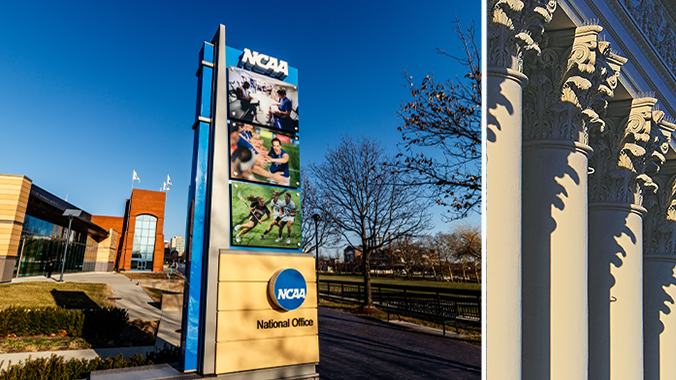


Upcoming CLE Webinars

